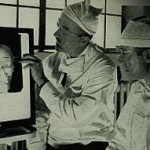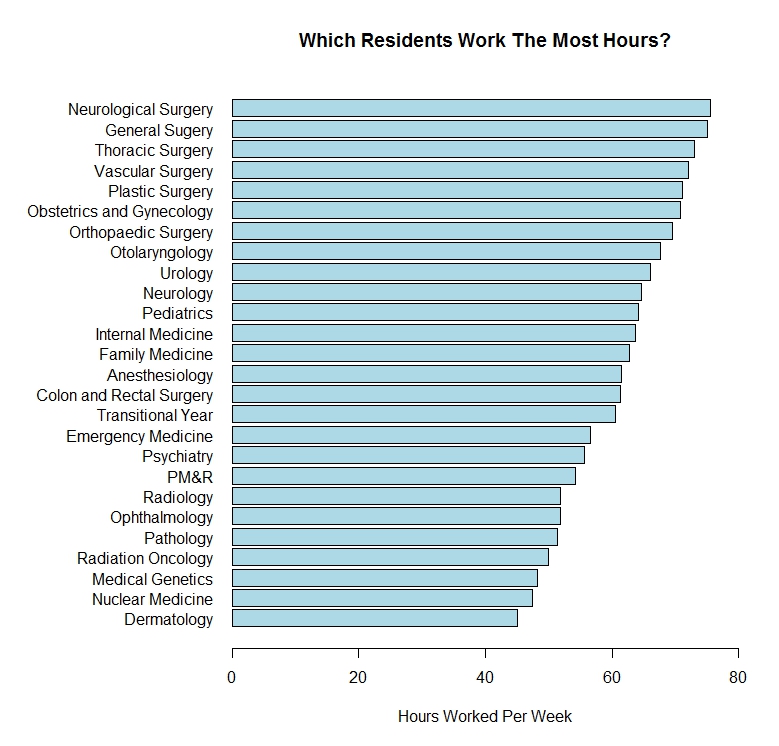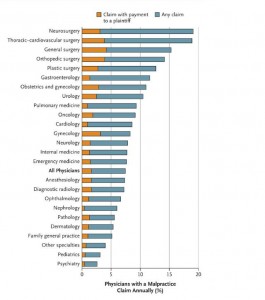A Neurosurgery Resident’s Perspective: From an interview with a neurosurgery resident from a top program in the Midwest.
Part of an interview series entitled, "Specialty Spotlights", which asks medical students' most burning questions to physicians of every specialty. See what doctors from every specialty had to say about why they chose their specialty and how to match in their residency.
- How competitive is the neurosurgery match?
Neurosurgery is among the very competitive specialties. Still though, I think that 80% of U.S. grads match somewhere.
- What must a student do to match well in neurosurgery?
All students should rotate at their home institution as well as at least one away rotation (almost everyone in my medical school class did at least two away rotations). Boards are important. Research and publications are very well looked on, as is performance on the sub-internship. Being a good sub-intern is not about how much you know, but rather how hard you work, how willing you are to be at the hospital constantly, and how easy to get along with you are.
- What are residencies looking for in a neurosurgery applicant?
- What should students look for in a neurosurgery residency?
Make sure the fit of your personality matches the department. Seven years is a long time to be miserable if you don’t like the people, no matter how prestigious the place.
- Do you have any advice on the application, letters of recommendation, personal statements, or how to rank programs?
Letters of recommendation should be from neurosurgeons (it’s a very small world), or research mentors. Perhaps other types of surgeons can write your letter of recommendation if you’ve worked with them a lot. Other letters really won’t count for anything. You should get one from the chair at the places where you rotate. It doesn’t matter if you didn’t really work with them at all; they will solicit feedback from the residents and staff you did work with and their letter serves as a summary of your time there.
- What do you wish you knew before application/interview season?
It’s well worth it to interview at a lot of places and get a “tour” of neurosurgery. It really is a small world and you’ll run into people over and over.
- What other advice do you have for students applying for neurosurgery residency?
It’s an awesome privilege to be able to do this stuff. Good luck!
Editor's Note: Applying for residency or preparing for your interviews? I highly recommend First Aid for the Match
, The Successful Match: 200 Rules to Succeed in the Residency Match
, and The Residency Interview: How To Make the Best Possible Impression
.









 My name is Andrew and I am a first year resident training to be an ophthalmologist. I created ShortWhiteCoats to provide medical students, residents, and the public with all the information I spent so many hours looking for during medical school.
My name is Andrew and I am a first year resident training to be an ophthalmologist. I created ShortWhiteCoats to provide medical students, residents, and the public with all the information I spent so many hours looking for during medical school.







